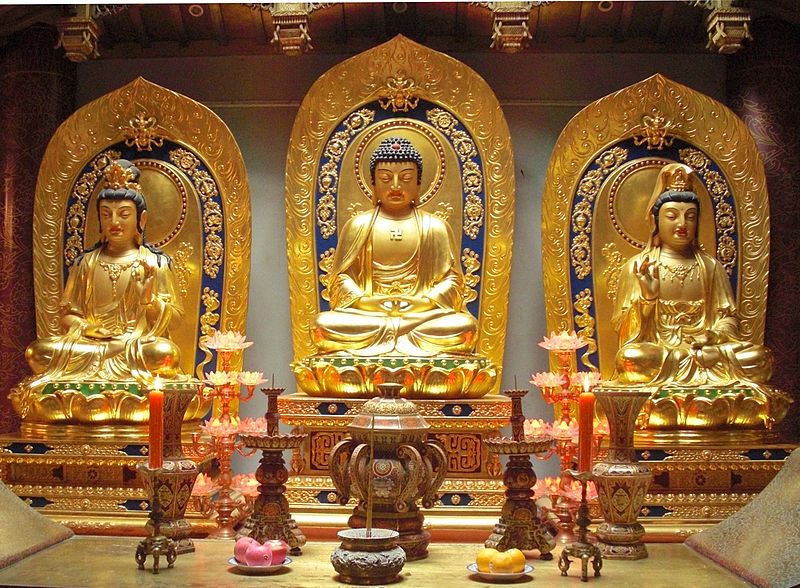Dalai Lama was scheduled to deliver the core principles of Mahayana Buddhism
The Dalai Lama was scheduled to deliver the core principles of Mahayana Buddhism. The younger monks, who had received just a limited education focused on memorizing a few books, would find these teachings to be unfamiliar. Similarly, for many peasants, listening to such a great explanation of fundamental principles was a moment of enlightenment.
The teachings of His Holiness were specifically targeted towards the monks, with the intention of enhancing their limited understanding. The individual communicated in the Tibetan language, and his interpreter from Ladakh did not consistently provide a translation that met his approval. As the teachings became more advanced, there were regular exchanges between them, and eventually, most of the intricate details were only conveyed in Tibetan.
Regardless of the limited number of people who were able to comprehend his ideas thus far, the magnitude of the achieved merit remains significant. The delight remained unaffected by any absence of comprehension. The heart teachings of Tibetan Buddhism, as expounded by His Holiness, are primarily based on the teachings of Atisha, a renowned Indian teacher.
Atisha was invited to western Tibet in 1042 CE to initiate the revival of the Dharma in the region, which had suffered a decline under the rule of the anti-Buddhist king Langdarma. The duration of human existence is brief, transient, challenging to achieve, and constrained by the karmic consequences of one’s own thoughts and actions. Karma is the consequence of all the actions performed in the past that shape the current state.

However, karma does not solely dictate the future, as current actions have the potential to alter the consequences of past actions. Hence, it is crucial to lead a life characterized by moderation, benevolence, and sagacity, and by adhering to moral principles, one can accrue the virtue necessary for a more contented future existence and the opportunity to persist on the desired course. Continuity of existence is not guaranteed unless one is reincarnated as a human. The chance to progress further towards enlightenment may not arise again for countless aeons, namely in the context of the 49th Revolution of the Universe. Buddhists have a significant burden of karma.
Embracing a monastic lifestyle and dedicating oneself to the well-being of others is a revered and lofty ambition. It is well acknowledged that the monks rely on the laity for their ability to engage in religious practice and accumulate spiritual merits. The laity, in turn, derive advantages from their patronage of the monkhood. Their merit-making ties are mutually beneficial. Some monks choose to become renouncers of a more profound nature.
They employ visualization and meditation techniques to strive for the attainment of Buddhahood within a single lifetime, rather than through a gradual process spanning many generations. The individuals referred to as “aspirants” in this context are the highly skilled practitioners of Tibetan Buddhism known as “commandos.” These commandos are also commonly referred to as “yogins.”
Strong self regarding sentiments must be combined for some ideal of behavior
Basic teachings are crucial for them as well. In the absence of the essential drive to save others, as expressed in the Bodhisattva Vow to free all beings, conquer personal troubles, acquire mastery in all aspects of the teachings, and attain Buddhahood, individuals would not make any progress all.